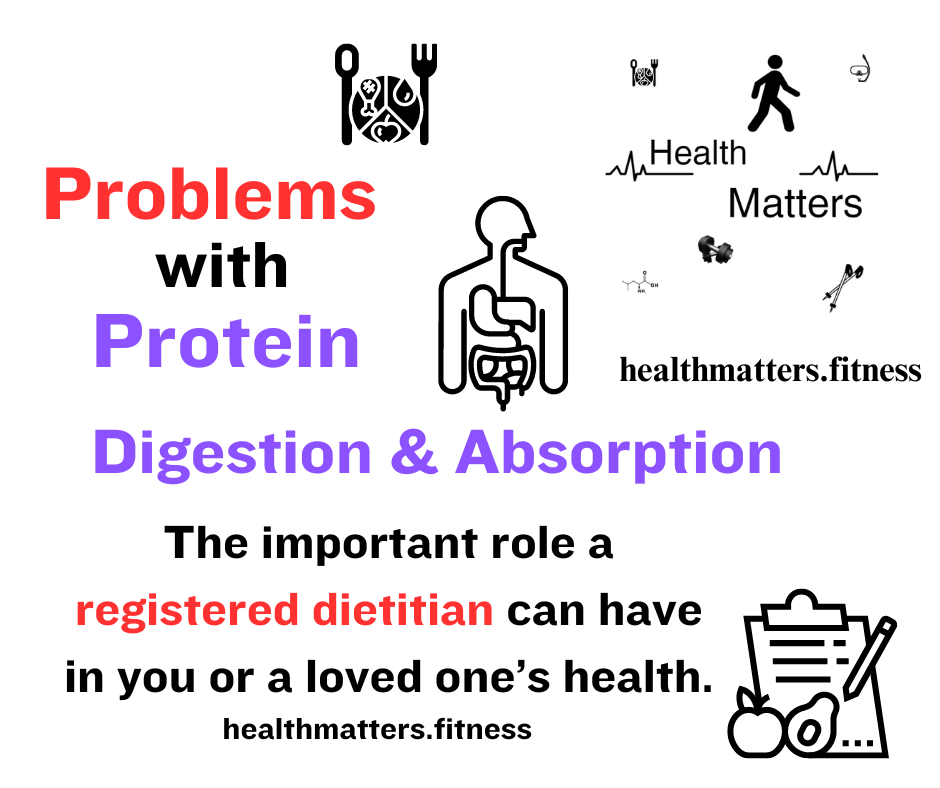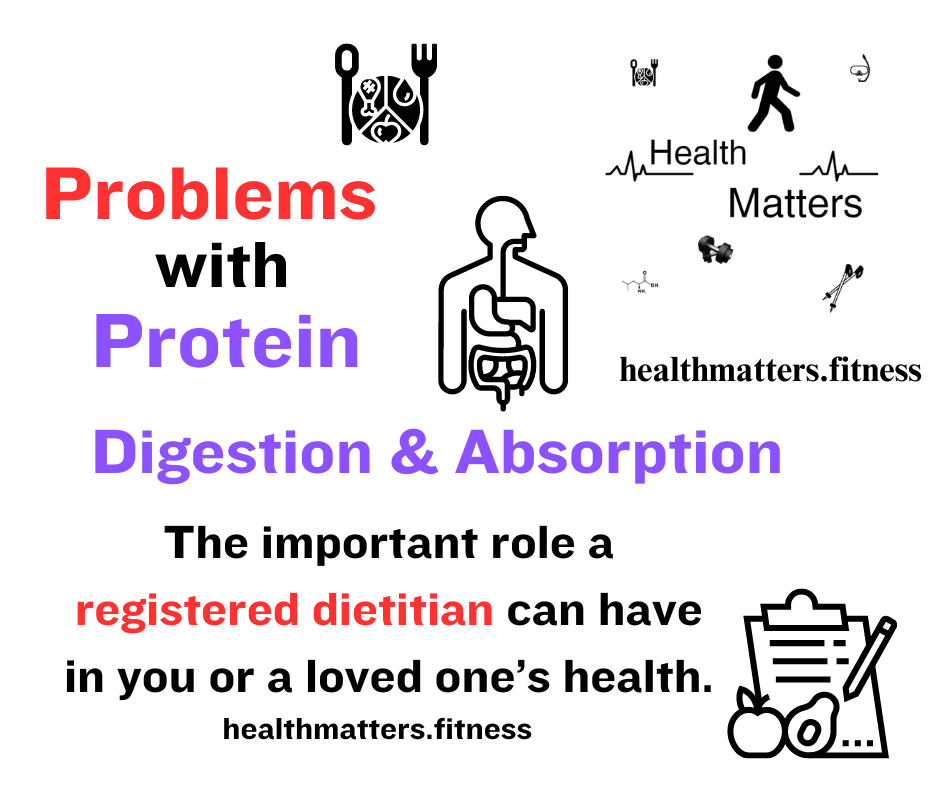
In the last article on protein, I provided a quick overview of protein digestion and absorption. There are multiple steps that take place to get the amino acids in the foods we eat to all of the cells in our body. Many medical conditions and other factors can affect how well this complex process works.
The process of protein digestion starts in the mouth with the breaking down of bites of food into smaller bits to be delivered to the stomach. The condition of our teeth, gums, chewing muscles and other components of our oral health affects our ability to get the amino acids we need to be healthy. Older adults are especially at increased risk due to reduced chewing function because of tooth loss or discomfort.
Whole foods that are high quality proteins can be more difficult to chew. That is just the start, the type of food can change how easily amino acids are extracted from foods by the body as well as certain medications and health conditions. These factors must be considered when thinking about how much protein and what sources of protein an individual should be consuming.
There can be a lot to consider when trying to get all the amino acids our bodies need to thrive – especially as we get older. A good plan is to meet with a registered dietician who will help you or a loved one develop an individualized plan. I have asked my colleague Miki Loos; a registered dietitian, to describe what they do and how they can help improve you or a loved one’s health.
Miki Loos, RD, LMNT: Registered dietitians are food and nutrition experts. We are a valuable part of the health care team with the primary goal of providing medical nutrition therapy. We treat patients in the hospital, visit with them in the clinic office setting and community educational efforts. We help people connect the dots between food, fitness and health. Dietitians can help patients to better manage various health conditions by providing guidance on the best nutrition approaches for that individual’s current needs. We help with weight management, alleviate gastrointestinal symptoms, manage diabetes and heart conditions. A registered dietitian can help you or a loved one improve diet quality using realistic and effective treatment plans that work.
To arrange for a visit with a dietitian, talk with your provider about getting a referral OR patient’s can call and set up an appointment on their own. It is best to check with your insurance company prior to seeing a registered dietitian to ensure that your plan covers medical nutrition therapy. If your insurance plan does not cover dietitian visits, be sure to reach out to the dietitian to see if there is an affordable self pay option.
I thank Miki for contributing to this article. I will be asking my colleague; Miki Loos, to share with us some of her knowledge and professional guidance as we go into more of the details of nutrition in future Health Matters articles.
Check out these other recently posted articles:
Fitness 4 Life : 9 Adaptations
Winning & Integrity
Russ Coash, PA-C
For more in depth information read:
Protein Intake and Oral Health in Older Adults—A Narrative Review
Thanks for listening. Please pass on this information.
